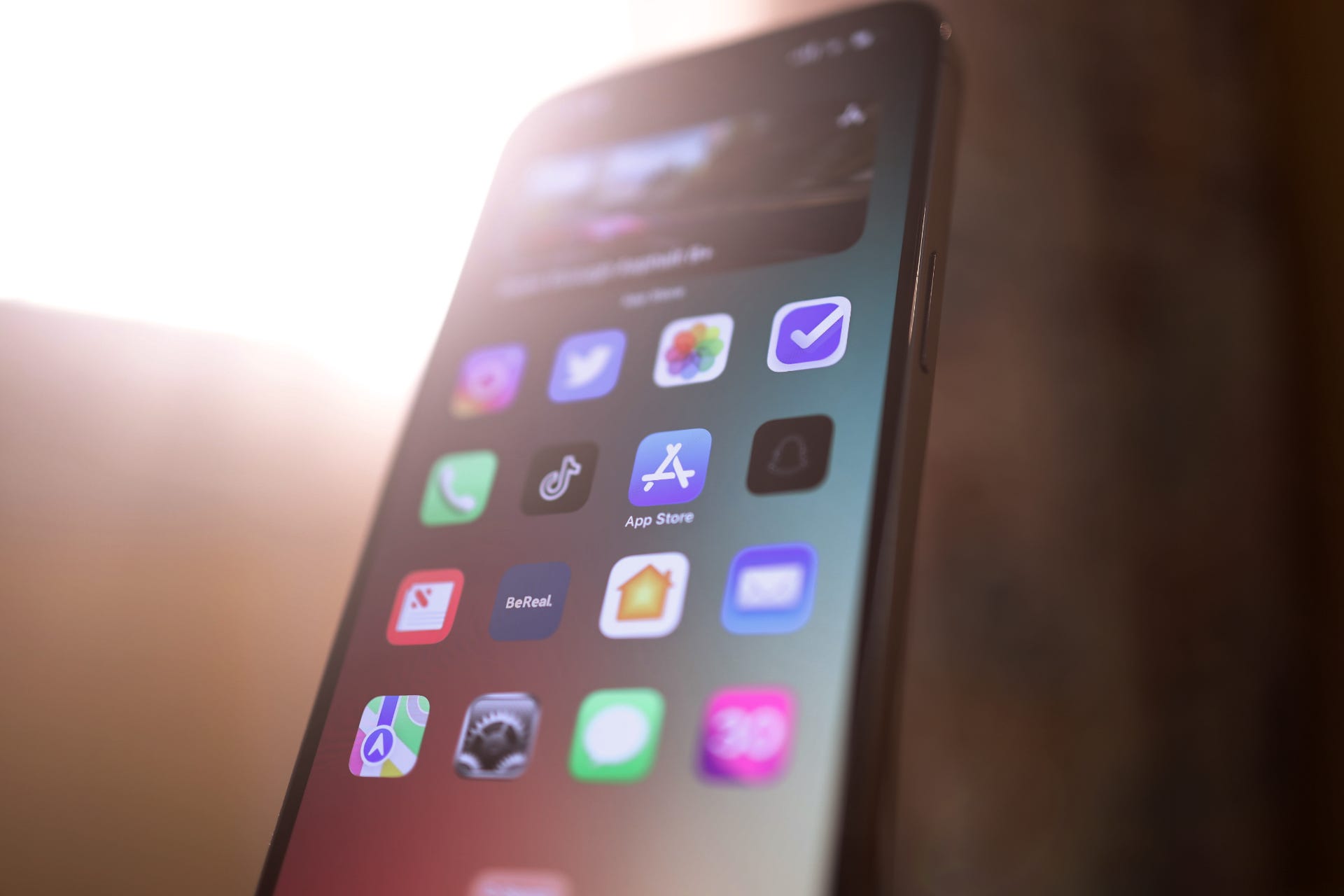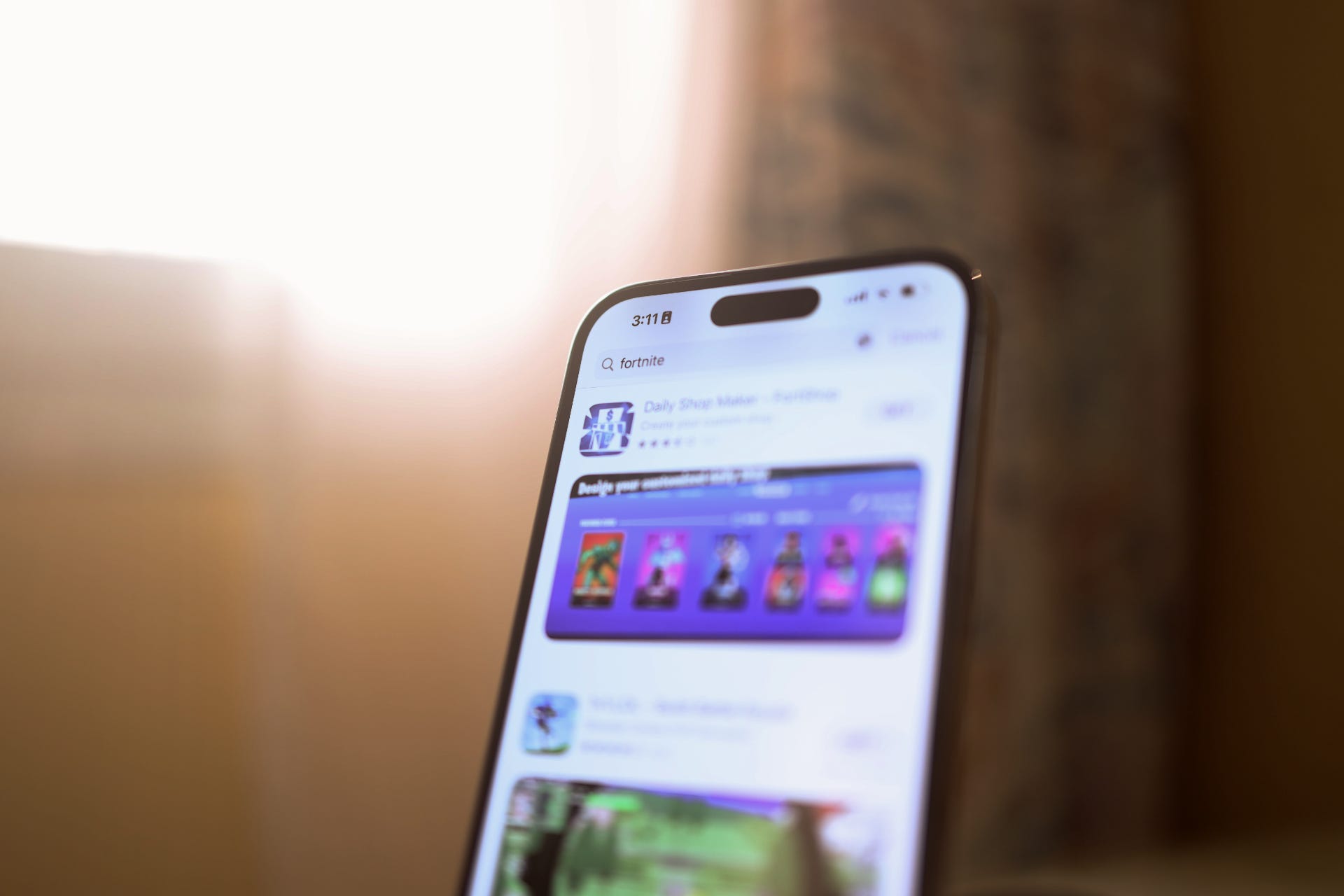The EU is out of line: the iPhone doesn't need sideloading.
The iPhone is the iPhone because of the App Store, and threatening to change that stifles innovation.
As former US President Ronald Reagan put it, "the top 9 most terrifying words in the English Language are: “I'm from the government, and I'm here to help." Governments and institutions have a prominent and fundamental role in upholding society's fabric and ensuring justice and accountability.
The EU and its so-called "Digital Markets Act,” DMA for short, is an ideal example of what governments and institutions are not supposed to do. In its most general sense, the DMA ensures that digital markets, including app stores, are fair and competitive.1
The EU says "gatekeepers," which Apple is often termed, creates a "serious imbalance in bargaining power and, consequently, to unfair practices and conditions for business users, as well as for end users of core platform services."
What the EU is trying to do here is a noble cause: create a more fair and competitive landscape for both users and companies. Under the DMA, Apple would be required to allow users to "sideload" apps and allow other companies, like Epic Games2, to add their app distribution platform on iPhone.
This week, Bloomberg's Mark Gurman said Apple is preparing those two things for iOS 17 next year3. This is one of those "I'll believe it when I see it moments." Apple knows how important the App Store is to the iPhone and that the iPhone's core building blocks are built around the premise that apps that come through the App Store are vetted to high standards and have to adhere to a set of principles that protect user privacy and safety.
Enabling sideloading on an iPhone, allowing users to download an app from the open internet, sets a perilous precedent on a platform entirely not designed or meant for it. And now, Apple’s engineers and product managers face humongous questions about how to carefully navigate the open waters moving forward while still preserving some serenity of the iPhone. Questions like:
Do apps that were sideloaded have the same privileges as Apple-approved App Store apps? Access to system functionality and APIs?
Who oversees and handles complaints for these apps?
What payment process will these apps have? How do you prevent users' experiences from getting overly complex and confusing?
What's the UI for sideloading an app? How are they bundled at a system level?
What controls does a user have regarding what data a sideloaded app has access to? Permission prompts for the camera, mic, and location?
Are sideloaded apps designated differently by iOS? How are those apps updated?
Apple tried hard to get the EU to reverse course and not jam the DMA through its bureaucratic jungle, but those efforts failed. Apple's PR department even took out the big gun: the company's SVP of software engineering, Craig Federighi.
Speaking at the Web Summit conference in 2021, Federighi said sideloading is a "step backward" and that enabling it "in the name of giving users more choice, [ ] would take away user's choice of a more secure platform."
Federighi has a point. Sideloading on iPhone would strip away the very character of what makes an iPhone an iPhone — giving users more choice of where they can download an app from, whether the internet or another app store, would equally strip users of an option of using a safe and protected platform.
Ultimately, these changes are for the betterment of users, but sideloading and "alternative" app stores are not something iPhone users care about. iPhone users in the millions don't care about sideloading or which platform they download an app from. To many, it's an irrelevant issue with real consequences.
And it's essential to put the iPhone and its user base into perspective. People in the vacuum of the tech space probably do care, but your average Joe, your dad, that lady that runs the local bakery a few blocks down, and your child's teacher probably don't give a single rats a**. Heck, you may not care, either!
The numbers speak for themselves. In 2022, the iPhone made Apple a staggering $205 billion. More than some country's entire GDP. If users cared about sideloading or alternative app stores to the degree the EU portrays them to care, many people wouldn't have bought an iPhone in the first place.
Now, I’m not suggesting that if you were to walk into an Apple Store and ask a first-time iPhone buyer why they’re buying an iPhone, they’re going to say, “cause of the App Store and so Tim Sweeney can’t shove his anti-Apple propaganda down my throat.”
The App Store itself is near the bottom of the list of why someone buys an iPhone, but the store does encompass the larger iPhone experience. And the undeniable fact is that customers love the iPhone experience and satisfying the few users who don’t put billions in danger.
Even if Epic Games, Microsoft, Google, and whoever else wants to join in on the fun brought their own app stores to the iPhone, Apple’s App Store would continue to be the way the vast majority of users prefer to explore and download apps.
The iPhone is the iPhone because of the App Store and the control over how apps operate. It's why so many people feel confident in the iPhone, not just as a device but as a platform. The EU's DMA is well-intended, but its implementation will deprive the market of true innovation.
I'm all for open competition and collaboration, but leading the effort should be something other than governments and international institutions. If users disliked the iPhone and felt the grass was greener on the other side, they would speak up — not with their voice, but with their wallet.
You're an Apple executive sitting in a boardroom, staring at two pieces of paper — one with the DMA and what it requires, the other, a breakdown of iPhone sales for the last year. Those two pieces of paper tell vastly different stories: one assumes iPhone users are held captive of true innovation and "open collaboration" since they can't sideload or choose where to get apps. The other says the iPhone is doing the best it has ever done.
Of course, many users use an iPhone because they see no valid alternative. That is not a reason to change the iPhone, but an opportunity for others in the industry to create an experience adequate to rival Apple's. That's a strategy Samsung has seemingly adopted, more aggressively building out and refining an ecosystem of devices with an eerily close resemblance to Cupertino.
On the flip side, there are, for sure, iPhone users who love the experience of the iPhone but don't want Apple to maintain such a strong hand in how and where they can download apps. To them, I think Apple's message is "tough luck, you can't satisfy everyone."
The iPhone wouldn't be the iPhone without the order the App Store brings, and trying to change that only makes it harder for Apple to innovate and steer the entire industry in the right direction, as it has been doing. Let's remember the App Store defined app distribution in the 21st century. Let's not try to change it again.
There are other aspects to the law, including changes Apple must make to iMessage, FaceTime, Siri, and so much more. Simply put, the EU wants to turn the iPhone into a piece of Android.
As you'd expect, Epic Game CEO Tim Sweeney is all aboard this idea because he wants to "protect users" and give them "more choice." I don’t believe it for a second. Imagine a mobile app platform controlled by Tim Sweeney. Terrifying.
The changes will only be available on iPhones in the EU. Go figure.






